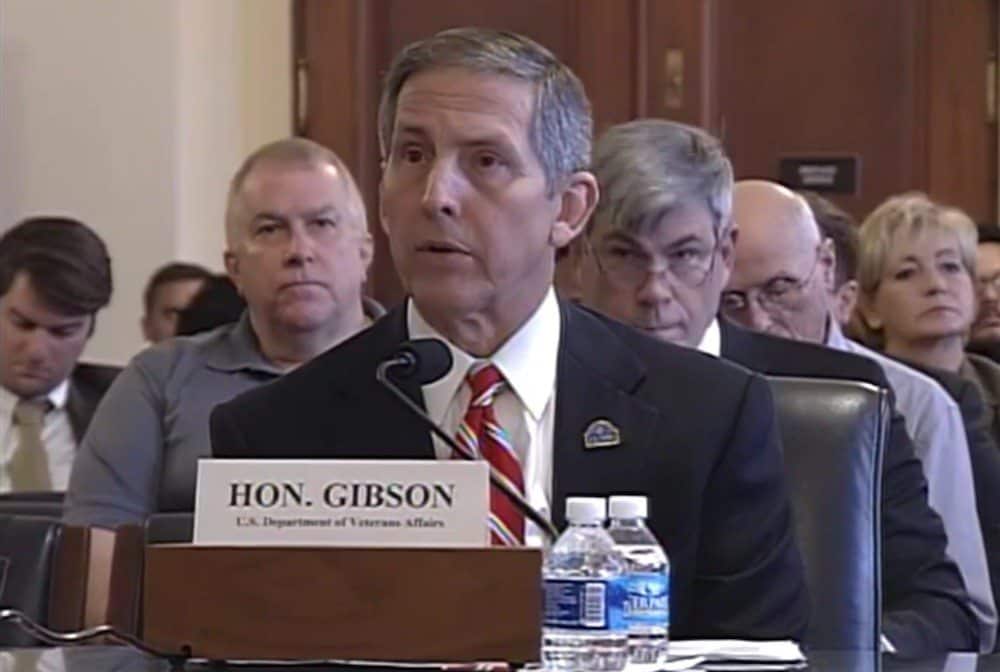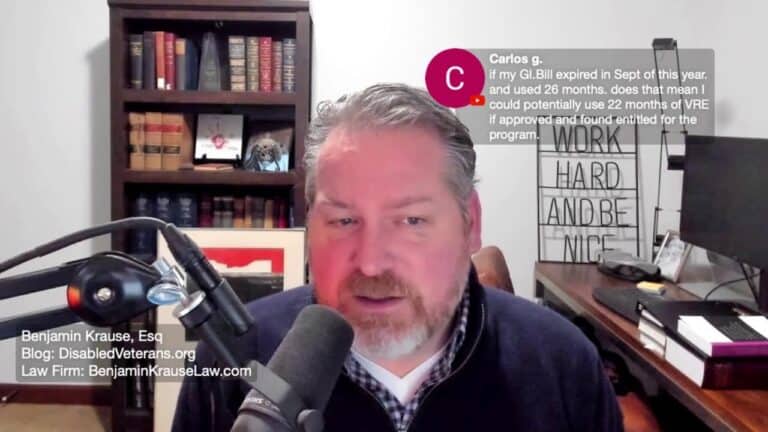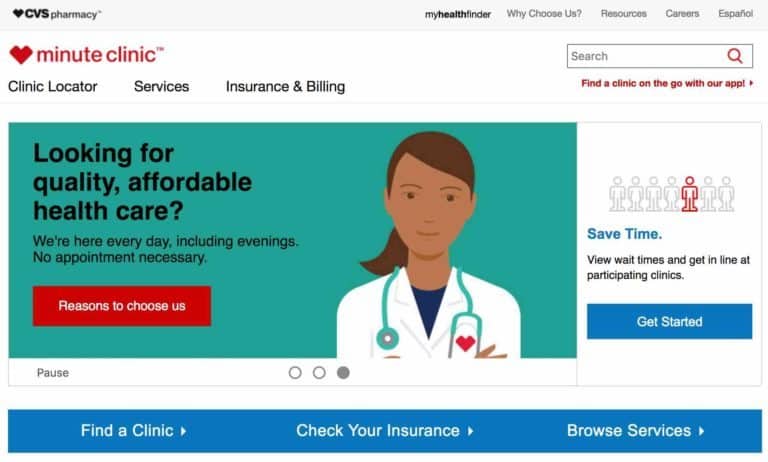Defense Bill Boosts Pay, Troop Strength—Veterans Watch the Impact
The House recently passed its version of the FY 2026 National Defense Authorization Act (NDAA), approving approximately $893 billion in defense policy expenditures. Key provisions include a 3.8% pay raise for all service members in 2026 and an increase in the Defense Department’s end strength by about 26,000 troops.
These changes are aimed at boosting recruitment, retention, and overall readiness.
Why It Matters for Disabled Veterans …
- Improved Pay = Improved Stability
That 3.8% pay raise may look modest compared to some prior years, but for service members living with disabilities — or supporting disabled family members — every increase makes a difference. Pay hikes affect everything from housing, healthcare deductibles, mobility accessories, to transportation costs. - Strain on Support Systems
Increasing troop numbers is great in theory, but for disabled veterans who rely on medical and administrative support within the military network, growth without proper support infrastructure can mean delays, resource stretch, or reduced quality of care. - Retaining Talent with Disabilities
Disabled service members often confront unique challenges — like medical leave, rehabilitation, or adaptive equipment. Pay and force growth help only if the system supports them with accommodations, promises kept, and career paths that acknowledge their contributions.
What’s New (vs. Past Bills)
- The bill isn’t just a numbers game (troops + pay). It also includes sweeping reforms to how the military acquires equipment and technology — changes meant to reduce delays, speed modernization, and keep the U.S. military more agile.
- The House version passed largely along party lines (231–196), with debates over “culture war” amendments and controversial restrictions in transgender healthcare and other social issues.
Voices from the Field
“This will fundamentally reform the defense acquisition enterprise. It will continue historic improvements in the quality of life for our service members and their families.” ~ Rep. Mike Rogers, House Armed Services Committee Chair
At the same time, some critics are calling out what they see as ideological add-ons in the bill, arguing they distract from servicemembers’ most pressing concerns — like fair compensation, medical access, and support for disability accommodations.
What Veterans Should Do Now
- Review your pay and compensation details once the bill becomes law. Make sure medical or disability allowances, allowances for housing, etc., are updated accordingly.
- Watch for implementation of end-strength increases. If your unit, clinic, or base is expecting more troops, ask leadership how resources (medical, rehab, infrastructure) will scale up.
- Engage policymakers. Disabled veterans should raise their voices in Congress — ask that budget increases go hand-in-hand with stronger disability support, better medical accessibility, and promises kept.
Final Thoughts …
This NDAA version offers some long-awaited wins — pay bumps, more troops, and a boost in modernization efforts. But it’s not enough to just pass numbers on paper. For disabled veterans, the proof will be in the follow-through: ensuring that pay increases reach you, that infrastructure keeps up, and that force growth doesn’t dilute the services you rely on.
As always, let’s stay vigilant. Legislation is only promising if its benefits are evenly distributed — and for those who served despite disability, that means fairness, support, and respect, not rhetoric.
For more veteran-first policy updates and analysis, visit DisabledVeterans.org.





VHA is one Colombia space shuttle disaster after another every single day. Shut it down and issue the medical cards.
The VHA is a horrible guinea pig farm that needs to be converted into a private system where people have choices to go on not to go. It’s a disgrace, it’s a descrimination machine, a bad legal arrangement, and full of clowns, dishonest people, worthless merry-go-rounds, flaming hoops to nowhere. It’s a joke unless you are a vegetable or dying.
Got so many frauds and incompetents in VA mental health that perhaps they should go to an insurance based program. Plus the poor culture and games. Veterans shouldn’t be forced to endure such disgrace and they can barely be sued. That’s the deal breaker. They can do or not do whatever they please. That has to change somehow or else it’s a bad deal unless it’s an emergency.